Top stories
Insight
Top stories
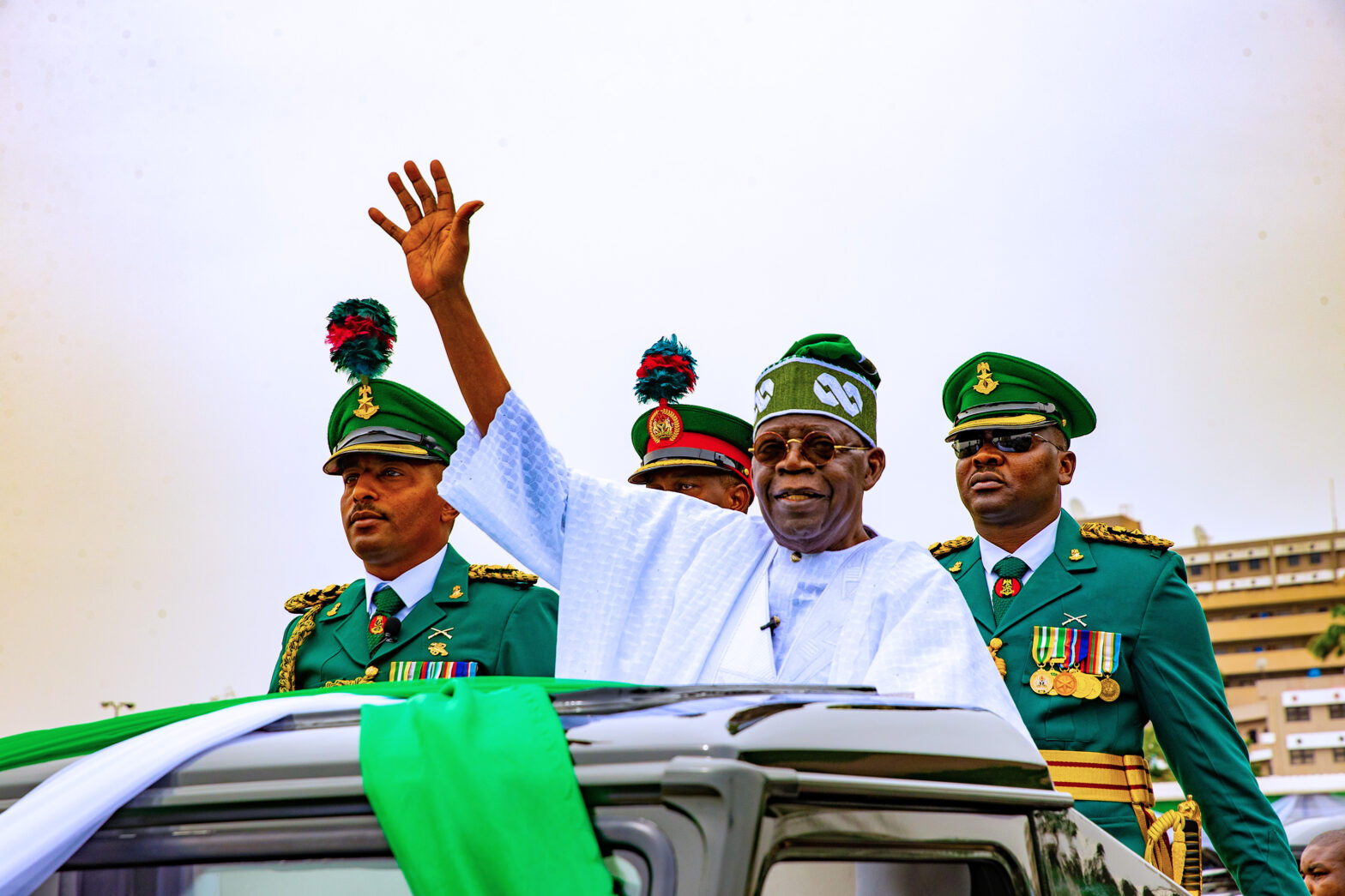
Nigeria’s electricity debt has surged dramatically over the years, plunging the sector into crisis. Now, the government is introducing a refinancing plan aimed at addressing the mounting debt. This story unpacks the details of that plan.

African producers in the Organization of the Petroleum Exporting Countries (OPEC) witnessed stable oil production output in the third quarter (Q3) of 2025.

In the first eight months of 2025, Nigeria witnessed impressive oil and gas revenues of N10.737 trillion ($7.36 billion). In this article, we take a closer look at the five leading contributors that have boosted Nigeria’s oil revenues

Oil majors Shell Plc and TotalEnergies have faced repeated opposition from environmental groups in South Africa. Still, the supermajors appear committed to the long game, viewing the country as a potential regional hub for their broader projects across the continent.

Nigeria, a long-standing member of OPEC, has recently recorded a steady rise in oil production. Although its quota from the group remains modest, the West African nation may soon need to push for a higher output limit.

Senegal’s push into oil and gas reflects a familiar paradox across Africa: abundant crude resources but little to no refining capacity. The newcomer to the oil scene has yet to process its own crude.
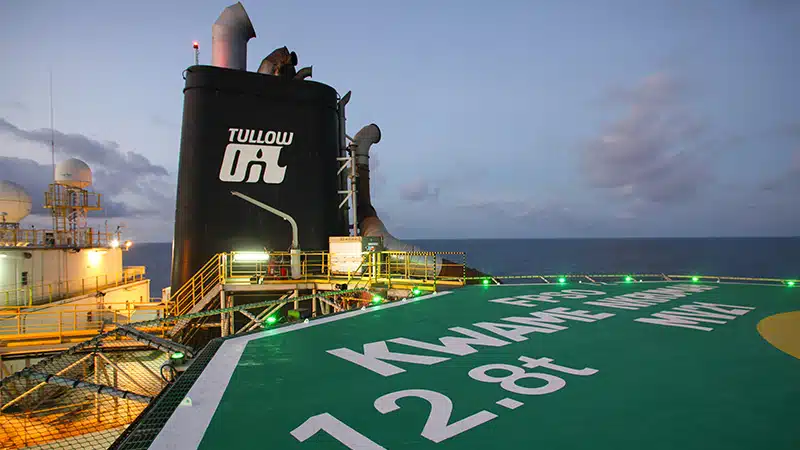
Ghana’s government received $148.7 million in corporate income taxes (CIT) from upstream oil and gas companies in the first half of 2025, a steep 59% decline compared to the $358.8 million collected during the same period in 2024.

Businessfront Over 50 celebrates companies that have powered Nigeria’s growth for over five decades, driving progress, stability, and industrial resilience.

Nigeria’s post-PIA era has been marked by a wave of divestments, with IOCs offloading onshore assets to local independents. The regulation has also spurred greater participation by indigenous firms in oil and gas investments.
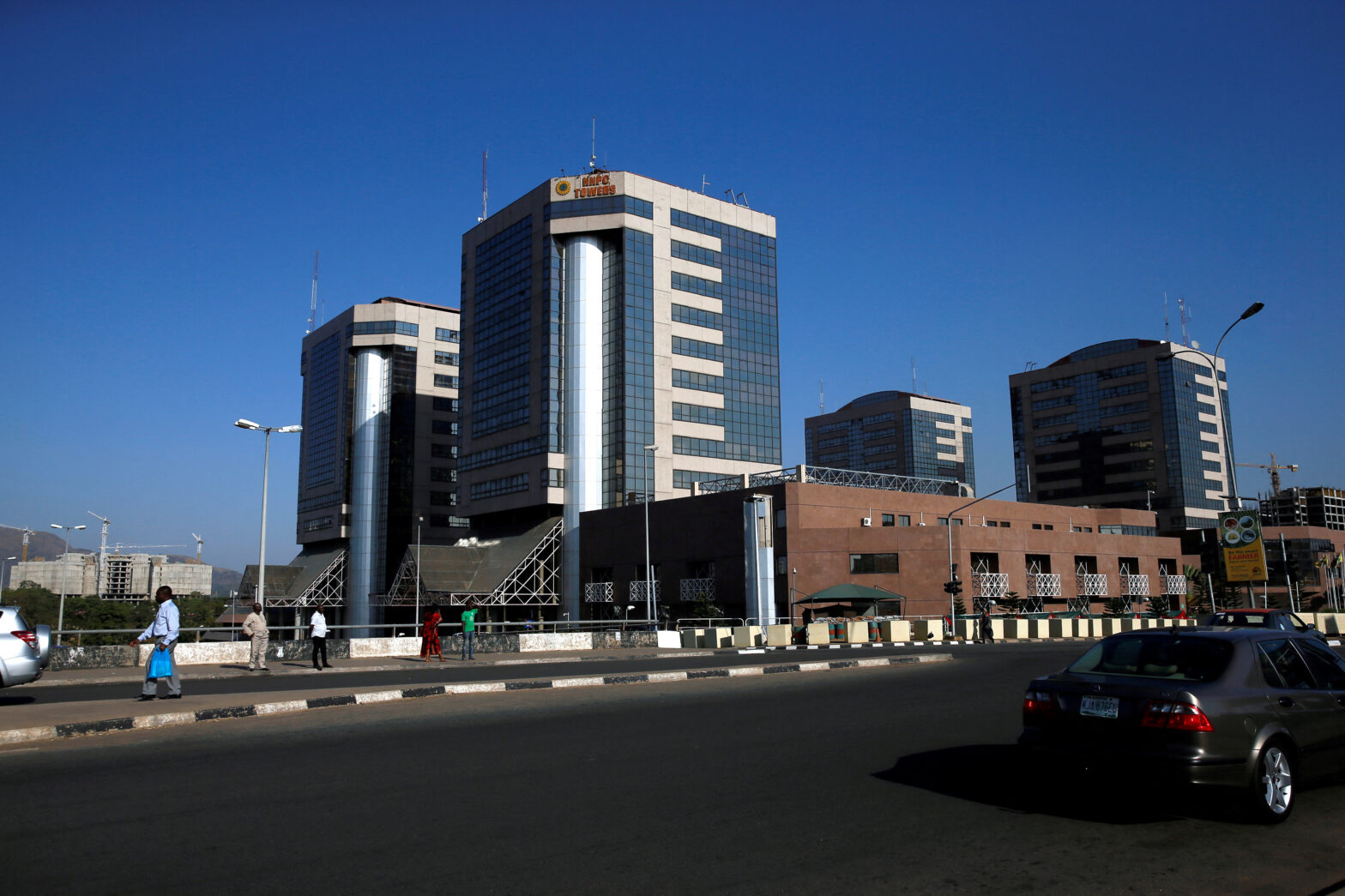
Nigeria’s state-owned oil company, NNPCL, disbursed N424 billion ($283 million) to the federation account as part of its production sharing agreement obligations, amid rising oil revenue collections.

Dangote’s plan to import 4,000 CNG trucks aims to ease petroleum product distribution, but it also raises concerns about the country’s fragile and congested road network.

Foreign direct investment (FDI) in sub-Saharan Africa hit $70 billion between 2022 and 2025, with the energy sector leading the growth, a new McKinsey Global Institute report shows.
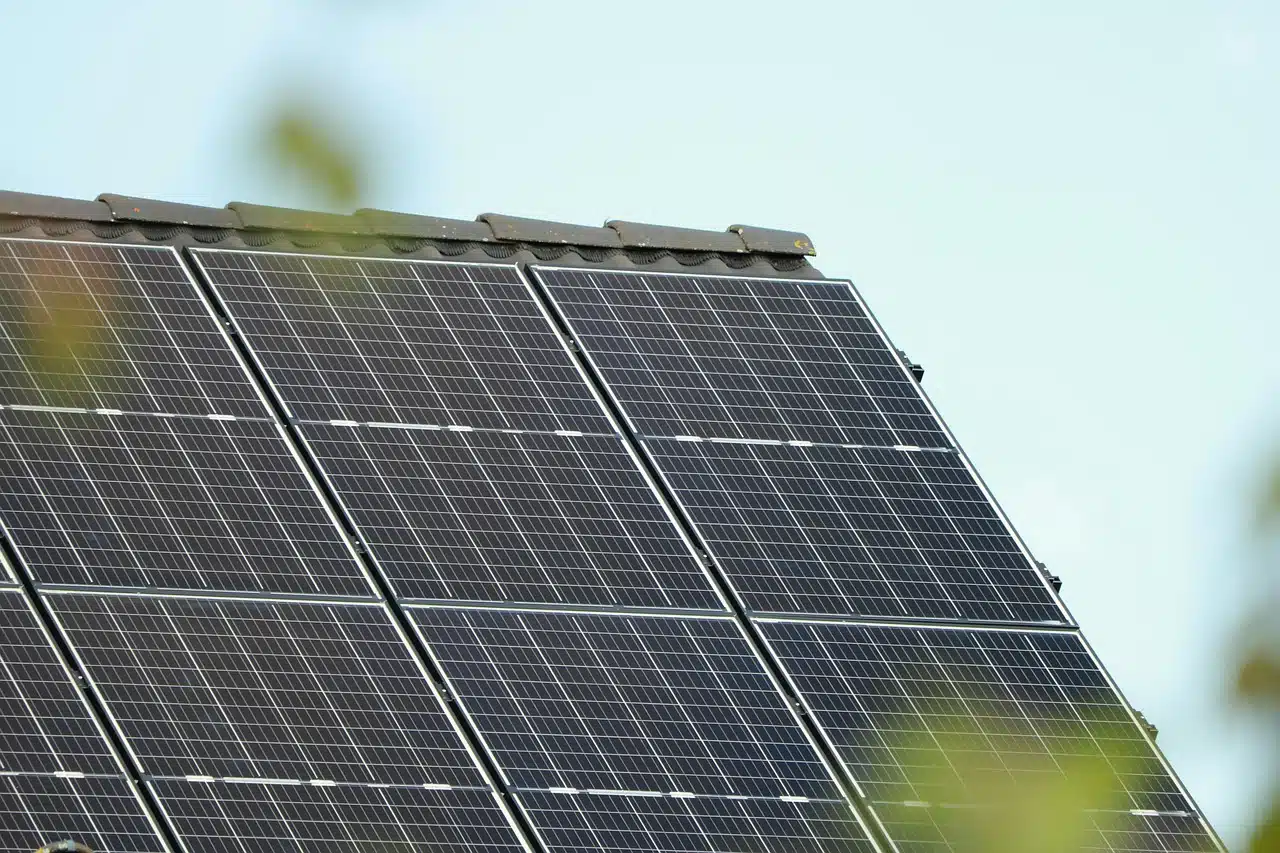
A $3.2 million solar project in Africa’s most populous nation is drawing global attention, spurring more than $7.8 billion in investments. Nigeria’s approach is now seen as a model for other emerging renewable markets across the continent.
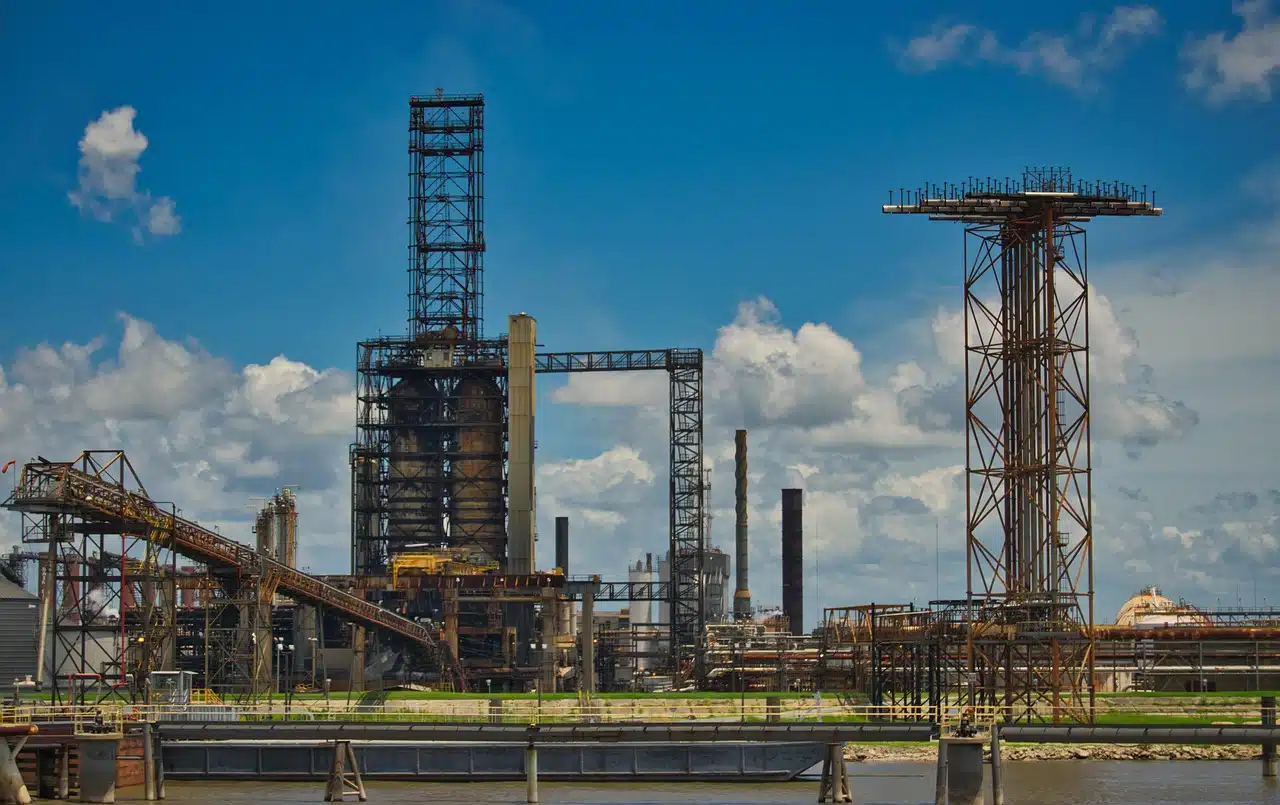
Uganda is redefining its energy future with multi-billion-dollar investments across the sector. At the center of this plan is a proposed $4.5 billion refinery. Here’s what we know about the project.

French energy giant TotalEnergies and the Mozambican government appear to be at odds over the security situation in Cabo Delgado, casting uncertainty over the timeline for restarting the country’s stalled $20 billion liquefied natural gas (LNG) project.
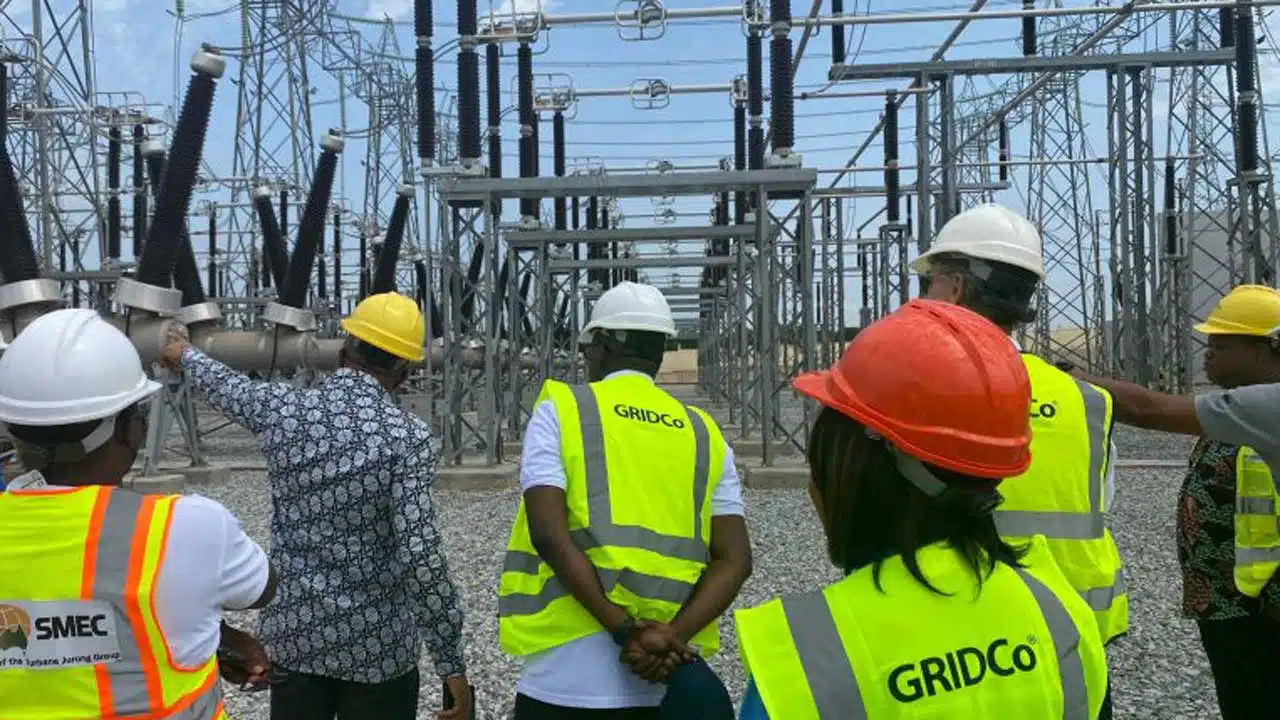
Ghana has enacted a new electricity law that opens up power generation to competition through transparent bidding. The reform is designed to reshape the country’s electricity market. Here are the key highlights.
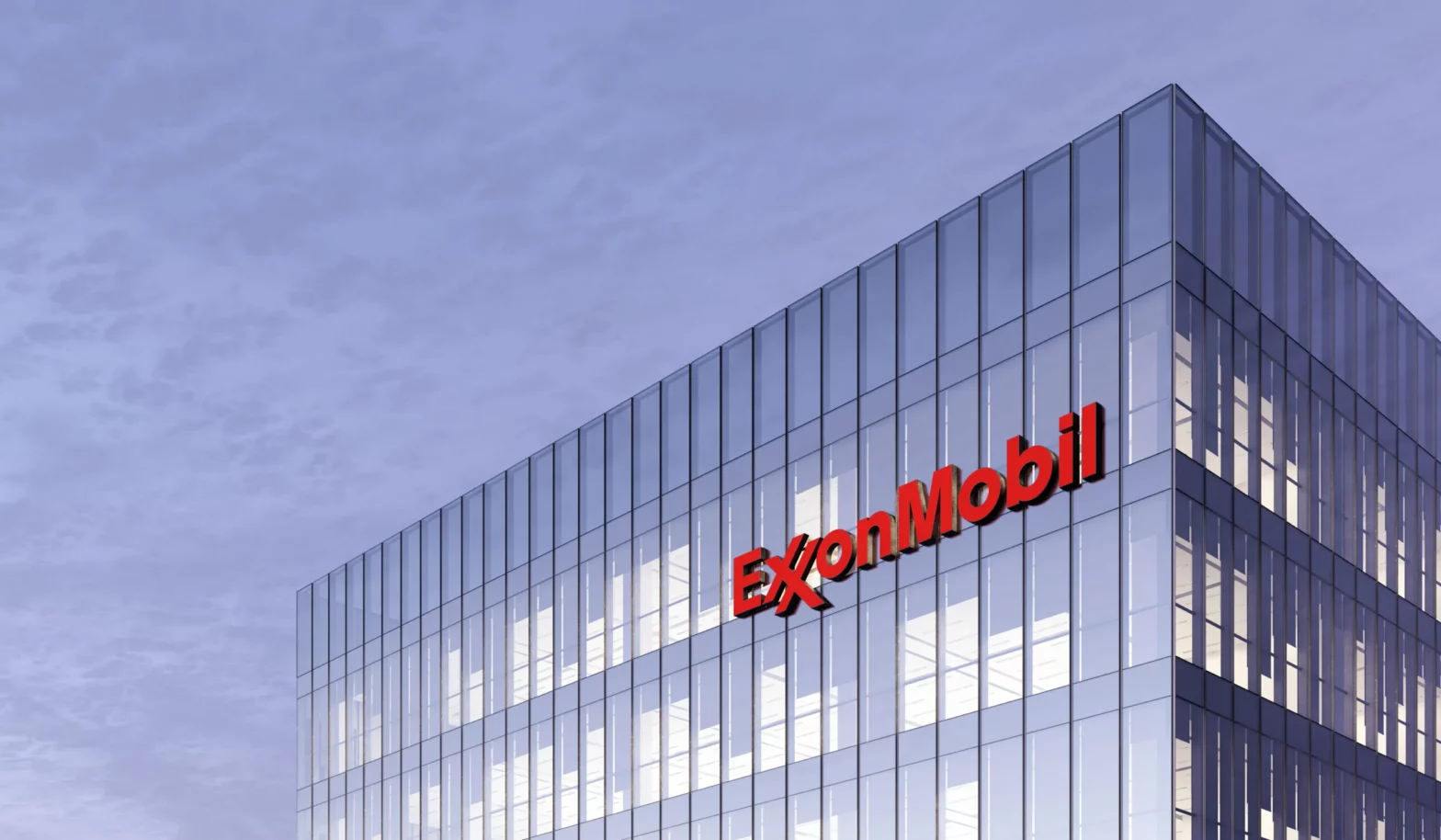
US energy giant ExxonMobil is planning to re-enter Gabon’s upstream oil sector through a new exploration agreement, industry sources have confirmed, in a major return to the Central African nation after a decade-long absence.

French energy major TotalEnergies has postponed the restart of its $20 billion liquefied natural gas (LNG) project in northern Mozambique until 2029, citing ongoing security challenges in Cabo Delgado province.
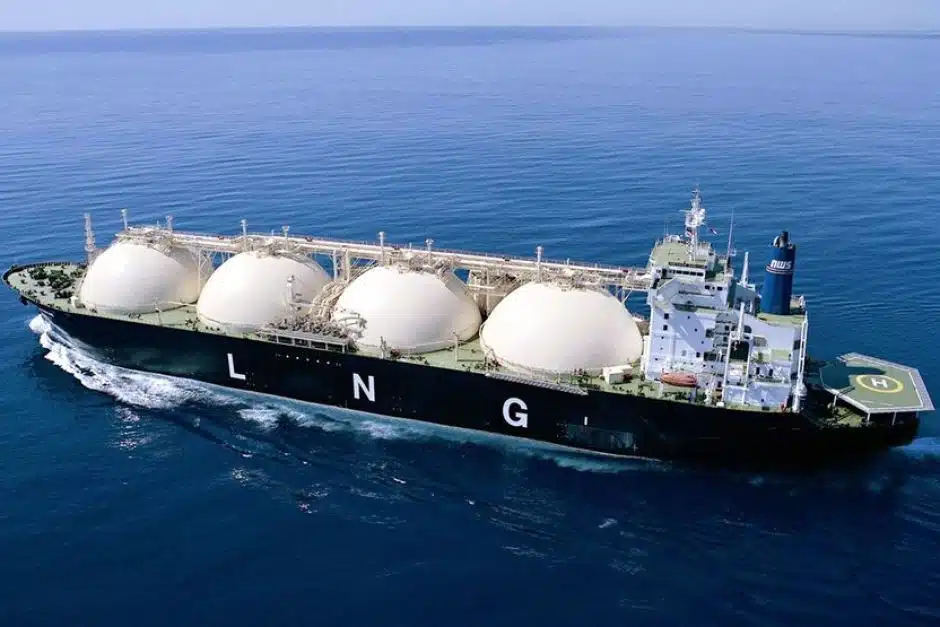
The future of Africa’s energy transition will be shaped by various commodities, with LNG playing a central role. This presents immense opportunities for the continent, especially if they are effectively harnessed.
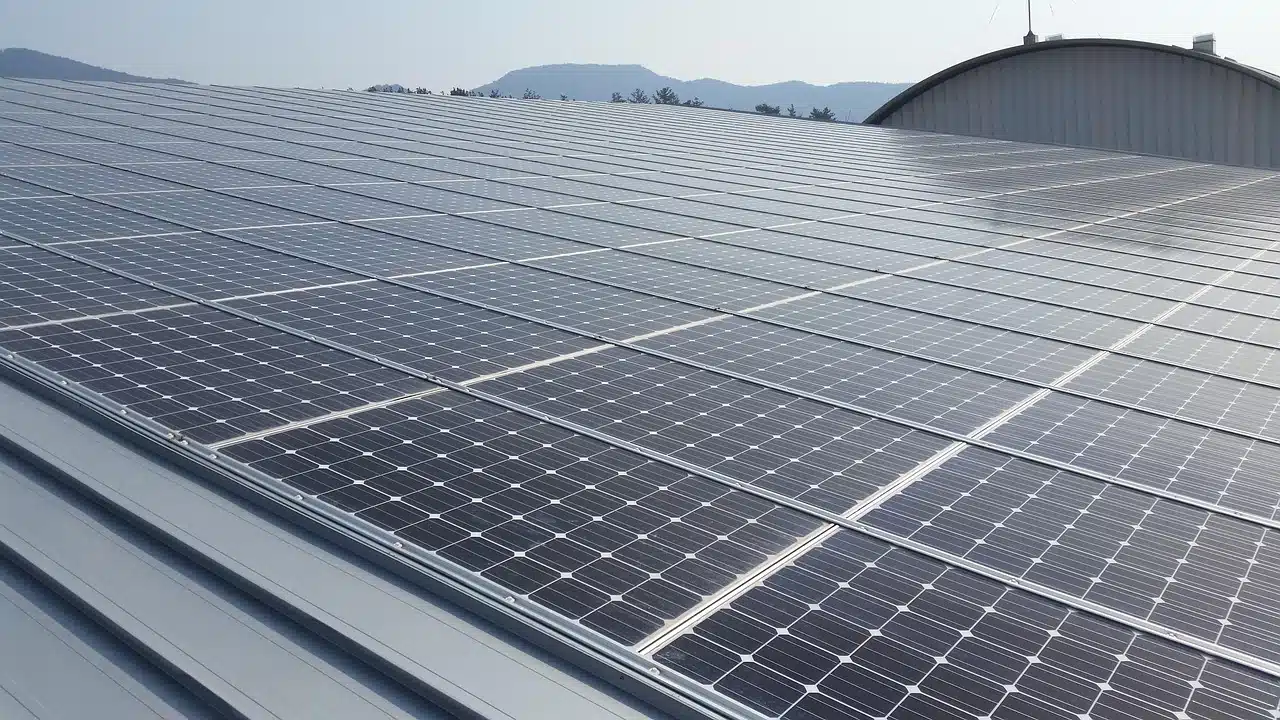
Renewable energy adoption is growing rapidly in Nigeria, to the point where it could be described as a boom. This growth is no accident. It is being driven by government policies, market dynamics, and a shift in customer attitudes.
